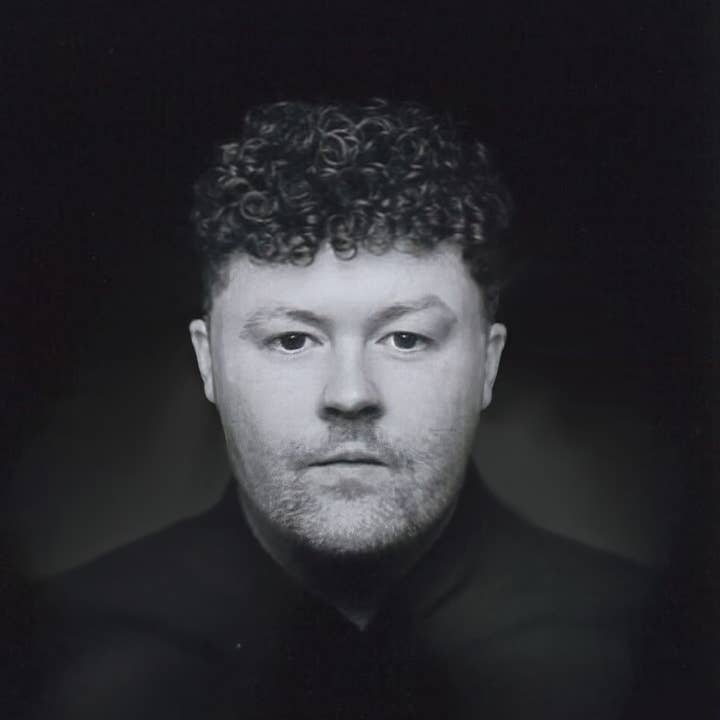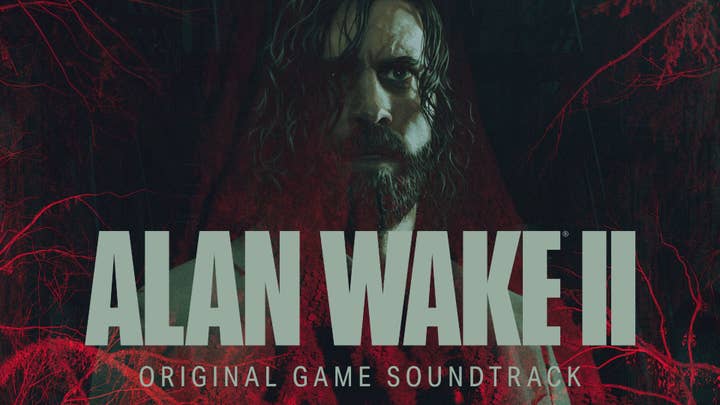According to Laced Records, game companies are "missing out on revenue opportunities" with their soundtracks
Video game merchandise often focuses on figurines, clothing, and collector’s items, but the demand for video game music is rising. This has led to the emergence of specialized game music labels like Laced Records.
Laced Records, established by CEO Danny Kelleher in 2015, has collaborated on nearly 80 franchises and released about 250 albums. Their clients include industry giants like Devolver, Bethesda, Capcom, Sega, Ubisoft, and Bandai Namco.
Their record label is particularly popular, recently partnering with Remedy to release the soundtrack for Alan Wake 2 on May 13, coinciding with the franchise’s 14th anniversary.
The Alan Wake 2 soundtrack features music composed by Petri Alanko and in-game tracks by Poe and Martti Suosalo, the latter also known for his role as Ahti in both Alan Wake 2 and Control.
Previously, Laced collaborated with Remedy to deliver the Control soundtrack on vinyl and digital platforms in 2020.
Kelleher mentions, “Remedy are just really lovely people, and we pitched very hard to bring in Alan Wake 2 as it was something we really wanted.”
Remedy was highly supportive and participated significantly in the production process, particularly for the anticipated vinyl release, hinted at online.

“We provided Remedy with samples of our previous vinyls because they wanted to coordinate some of their artwork,” Kelleher elaborates. “Sometimes we handle all the artwork, but Remedy prefers to be hands-on with the creative direction, which we’re excited about.”
There has been a noticeable increase in demand for their vinyl and CD releases, though the sales vary widely between AAA and indie titles.
“It’s not straightforward; some indie games can compete with AAA titles in terms of sales,” Kelleher notes. “Titles like Inscryption and Cult of the Lamb have performed exceptionally well.”
Laced focuses on supporting indie developers alongside larger clients, maintaining a balanced business model.
Kelleher adds, “Even if an indie release doesn’t perform well, we’re committed to supporting those developers, especially those who are self-publishing or have small teams.”
Laced also strives to balance physical and digital media. Collectors keep physical formats profitable, while streamlining digital releases on platforms like Spotify helps with copyright registration and royalties.
"Publishers have historically struggled with digital releases, often due to incorrect metadata,” Kelleher explains. "We assist them in structuring global digital releases and ensure proper composer credits and royalty distributions."
"It’s not as simple as 'if it’s AAA, it’s going to sell really well, if it’s indie it’s not'"
Digital releases are essential, and Laced aims to support both major and indie clients in delivering their music effectively.
Alongside its record label, Laced’s other audio services have expanded, encompassing music composition, licensing, sound design, and finding game music composers and artists.
However, recent layoffs and studio closures have impacted ongoing projects.
"We've had a few cancellations, but we expect recovery towards the end of this year and next," Kelleher remarks.

The company’s record label, uniquely tailored for the gaming industry, ensures content is promoted rather than penalized.
“When gameplay videos or influencer content featuring our music appear on platforms like YouTube or TikTok, that’s acceptable,” Kelleher says. "But we can also monetize content uploaded without permission if necessary."
Publishing is another growth area for Laced, complementing its record label and audio services.
"We want big clients and indies to have a support network to deliver their music properly."
Kelleher emphasizes that many companies miss out on royalties due to unregistered music copyrights. Last year, Laced launched a publishing division to handle copyright registration and royalty collection for its clients.
“Our goal is to educate clients on how the music and film industries operate, build a similar model for games, and create a substantial revenue stream,” he explains.
In addition to its focus on music, Laced plans to expand into traditional gaming merchandise. Collaborating with Devolver, the company will design, produce, and sell various items linked to the developer.
"I hadn't initially planned on taking this route," Kelleher reveals. "However, with our record label, we already had the infrastructure for manufacturing, e-commerce, and fulfillment warehouses in Europe. Similarly, we had customer support and e-commerce operations in the U.S. The only adaptation required was to expand from vinyl production to include items like plush toys and T-shirts."
Over the coming 18 months, Laced aims to bring on new merchandise clients.
Kelleher highlights that the primary objective moving forward is to streamline operations. Given the extensive partnerships across various departments, there's often considerable coordination and approvals involved.
"A lot of companies aren't registering their music copyrights, which means that they're leaving a lot of money on the table"
"When handling publishing, audio, and merchandise, we deal with different departments, akin to managing four separate businesses. This has posed a significant challenge," he explains.
"We're now introducing more structured management to oversee each facet of the business more effectively."
Personally, Kelleher is passionate about elevating video game music as a recognized art form. Positive trends indicate a growing appreciation for this genre, evidenced by events like the recent Games Music Festival and the Final Symphony concert in Birmingham, for which Laced produced a vinyl release and supported the recording efforts.
"I've been a staunch advocate for video game music for nearly a decade, asserting its significance as a serious medium," Kelleher states. "We're now witnessing a transformation in perception, and our goal is to establish a robust business model to support it."
